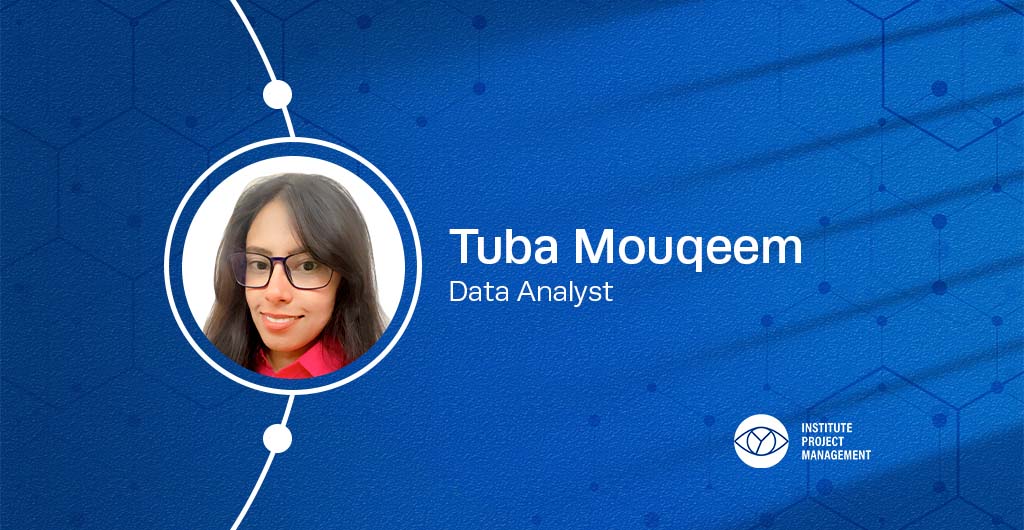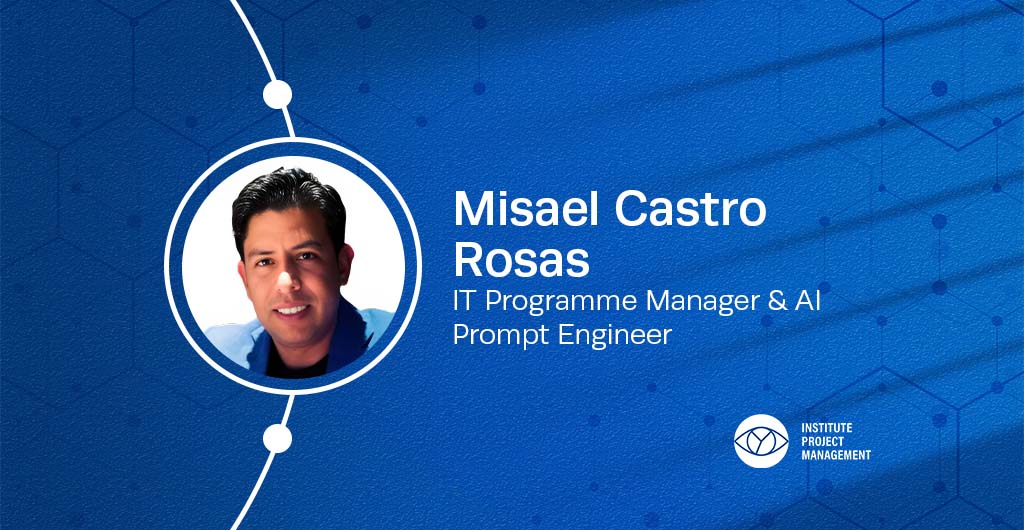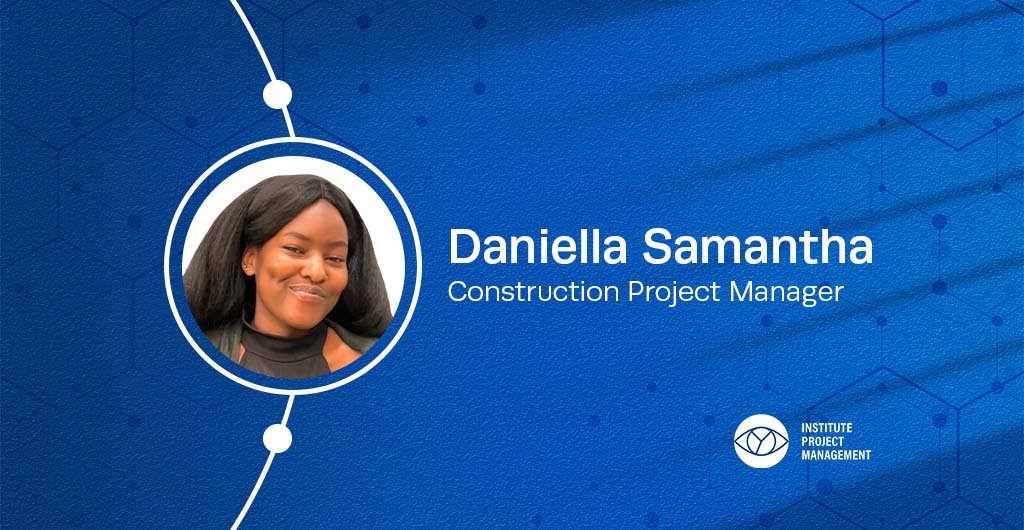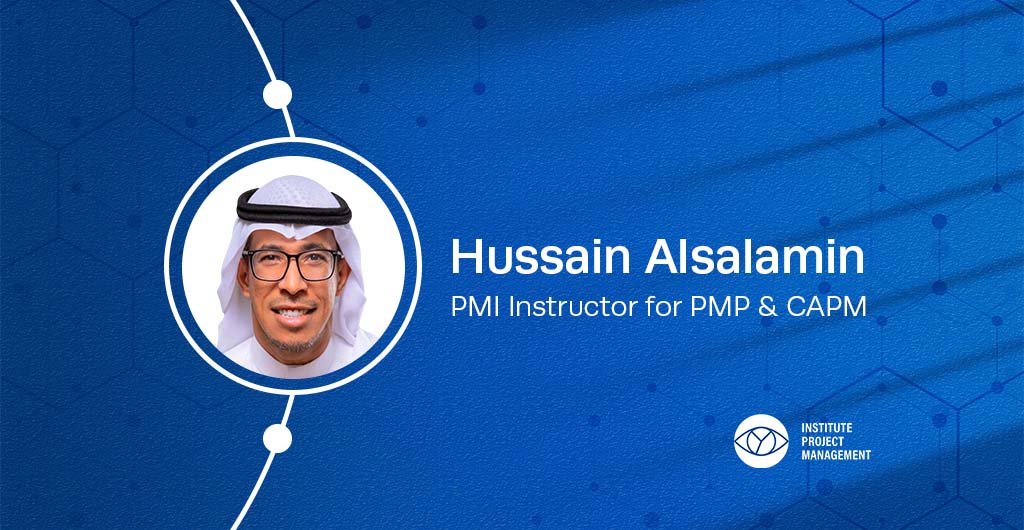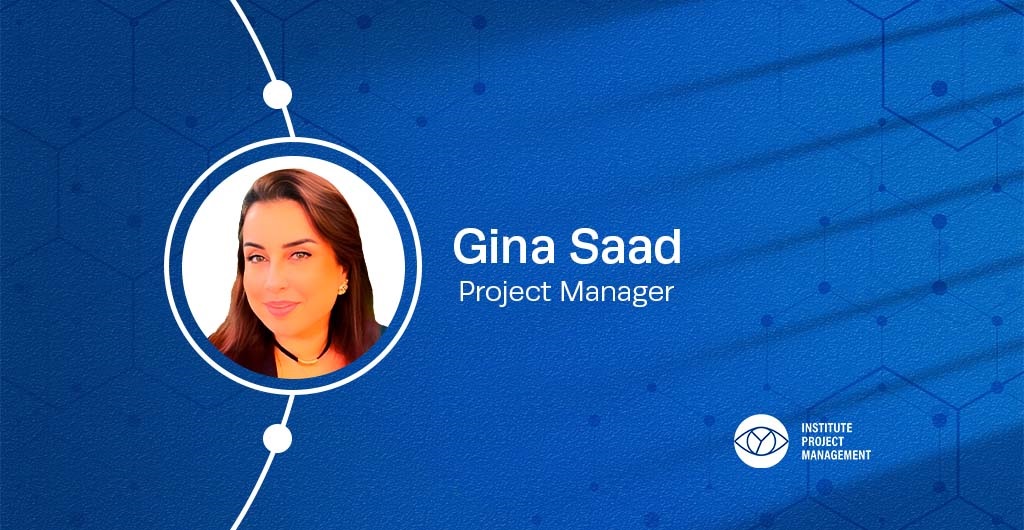Need advice? Call Now, Schedule a Meeting or Contact Us


Speak to an advisor
In this article, Julie Cooley talks about the ways we can solidify our relationships with the teams and leaders for overall project success.

Are you worried that your job will be replaced by AI? Though AI can create schedules, produce risk registers, and help prioritise solutions, it cannot build relationships with your stakeholders. Power skills, formerly known as soft skills, cannot be replaced by AI. Since hard skills can be taught easily, AI excels. As a Project Manager, these power skills are what set you apart. Relationship management and team collaboration are integral to your success as a Project Manager.
These power skills may be simple, but they are not easy. Working with different personalities can be challenging. The good thing is that most people have the same needs and desires, so when they are met, they are more likely to be productive and engaged.
Arguably, one of the main responsibilities and challenges you will experience in your Project Management career is people management. Influencing without authority is a coveted skill. You have many different levels of stakeholders to interact with, from your project team to senior leadership. Though you have been tasked with a project, it does not mean that everyone is on board.

There are a few ways to solidify your relationships with your teams and leaders to help you when you need to enforce change management and buy-in.
If your team trusts your knowledge and skill set, they will trust you more when you are requesting them to be early adopters or need their help with a project. If you are not an SME, reading best practices and procedures and job shadowing can assist your expertise.
If your team knows that you have their best interests at heart, they are more likely to care about the project work and make deadlines. Ask them about their weekends. If you know they are going through a tough time in their personal life, check in with them. Congratulate them on their wins and successes.
Send fun IMs to your team. I used to send messages to my team like “Have a Winning Mindset Wednesday.” I would only send the messages to the team members who appreciated them. It was an easy way to stay on top of my mind and foster connection.
You can bring in value when you identify efficiencies. My former department was puzzled when I would take notes at every meeting. My manager received feedback that the team did not think I was paying attention because I was taking notes. I advised that taking notes was the way I retained information. A few months later, my teammates would ask me to refer to my notes to remember what was discussed. The notes I took also became the baseline for documentation.
If you see something that needs to be improved, mention it and take ownership of it. In a previous job, I saw that the procedures were outdated and were not formatted in a way that was easy to read and reference. I brought it to my manager, and I suggested that we should form a focus group of SMEs to review and revise the procedures. We were able to update all the procedures and reduce the current amount of documentation by 37%, making it easier for the staff to use the procedures to ensure quality and consistency.
Send a thank you e-card. If your company has a recognition programme, utilise it. One of the ways my former department showed appreciation was to utilise peer-to-peer cards. You would send a card to a teammate when they went above and beyond. When they collected five peer-to-peer awards, they were given a $50 gift card.
Get involved with Employee Resource Groups, Communities of Practice, and other groups your company may offer. Not only is it beneficial for your personal development, but it will help you create strong relationships with employees that you may not have otherwise interacted with. You may work with these employees as stakeholders for a future project or assist you in your quest for a promotion. Consider having lunch or coffee with these new connections regularly to keep the relationship strong.
Each employee prefers a different communication style and method. By adapting to their preferred style, you are showing respect for them. If they prefer a phone call, call them, and if they prefer IM, instant message them. I had one manager who would not respond to emails and preferred to have a meeting to discuss questions and issues.
My manager had assigned me a high-profile project to resolve financial discrepancies. She was worried that the team would not respond or complete the work by the tight deadlines given. Since I had a strong relationship with the staff by implementing the above tips, the team gained the capacity to resolve the issues and meet the deadlines. They were extremely willing to help since they trusted me and knew I cared about them.
By providing value and building strong relationships, you can take steps to project success. AI is fantastic as an administrative tool, but it does not have the emotional intelligence you have.
